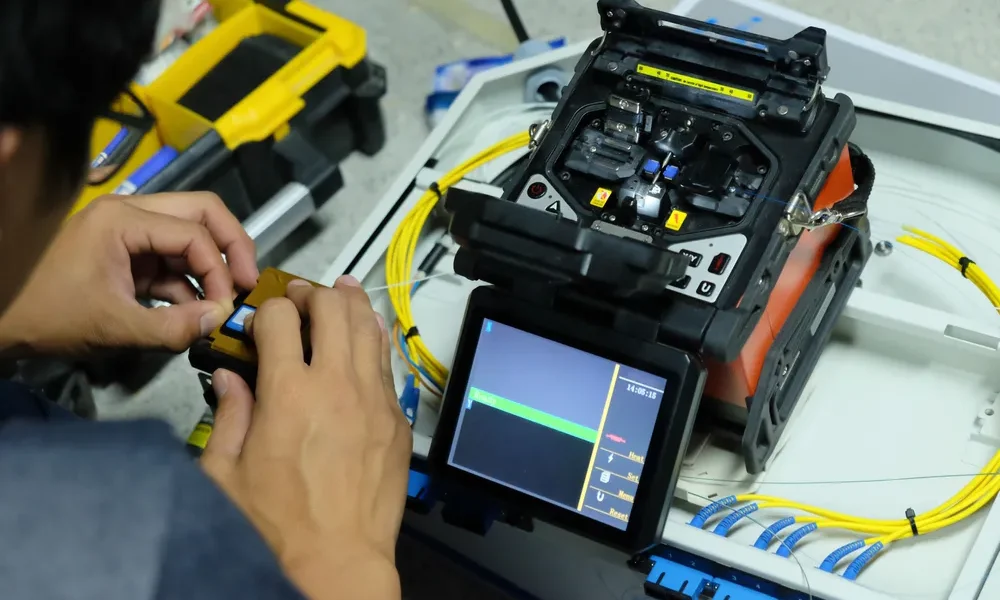Are you tired of wasting time on repairs that seem to take forever? Do you want to increase your efficiency and productivity while repairing equipment? Then it’s time to delve into the world of technician’s toolkit and start using the right tools.
If you’re a technician, you know how important it is to have the right tools at your disposal. Your toolkit is like an extension of your arms, allowing you to perform tasks with ease and precision. In this article, we’ll explore the different types of tools in a technician’s toolkit and how to use them effectively.
Understanding the Technician’s Toolkit
A technician’s toolkit is a collection of tools that are essential for device repair, maintenance, and troubleshooting. The toolkit includes various types of hand tools, power tools, diagnostic equipment, testing instruments, soldering equipment, and more.
Hand Tools
The most basic type of tool found in any technician’s toolkit is hand tools. These include pliers, screwdrivers, wrenches, socket sets, hammers, and saws. Hand tools are essential for opening devices or components safely without causing any damages.
Power Tools
Power tools are used for heavy-duty work such as drilling holes or tightening bolts. They include drills, impact drivers, angle grinders, and sanders. Power tools can save you time and energy compared to manually working with hand tools.
Diagnostic Equipment
A significant part of a technician’s job is identifying faults in equipment or devices. Diagnostic equipment is used to detect problems such as faulty circuits or damaged parts. Examples include multimeters, oscilloscopes, thermal imaging cameras.
Testing Instruments
Testing instruments help technicians determine whether components are functioning correctly or not. Examples include continuity testers, voltage testers and cable testers.
Soldering Equipment
Soldering equipment is used for joining two metals together by melting a third metal. This process is used for repairing or connecting wires or components. Soldering equipment includes soldering irons, solder wire, flux, and desoldering pumps.
Using the Right Tools for Efficient Repairs
Having a toolkit is not enough; you need to know how to use each tool correctly to perform efficient repairs. Here are some tips on how to use different tools effectively:
1. Hand Tools
When using hand tools, make sure you have the right size and type of tool for the task at hand. Ensure that the tool fits snugly around the component to avoid any slippage or damage.
2. Power Tools
Power tools require extra precautions as they can cause injury if not handled correctly. Always wear protective gear such as gloves, safety glasses, and earplugs when using power tools. Only use them when necessary and ensure you read the manufacturer’s instructions before use.
3. Diagnostic Equipment
Diagnostic equipment requires technical knowledge to operate effectively. Ensure you understand how each diagnostic tool works before using it on any device. Also, ensure that all devices are properly grounded to prevent damage from static electricity.
4. Testing Instruments
Testing instruments come in handy when dealing with complicated electronic circuits or cables. Remember to follow the manufacturer’s instructions when using testing instruments to ensure accurate results.
5. Soldering Equipment
Soldering requires precision and patience to avoid damaging components or wires. Ensure that the soldering iron is heated correctly before performing any soldering work. Clean the tip regularly and keep it tinned with fresh solder wire.
Conclusion
In conclusion, having a technician’s toolkit is essential for any technician who wants efficient repairs while maintaining quality standards. With this guide, we hope that you’ll be able to identify the different types of tools in your kit and use them effectively for better results.
Remember always to take care of your tools by cleaning them regularly and storing them in a dry place after use. Lastly, investing in quality tools is crucial as they will last longer and save you money in the long run.
Wiki Reference:
https://en.wikipedia.org/wiki/Tool_kit




